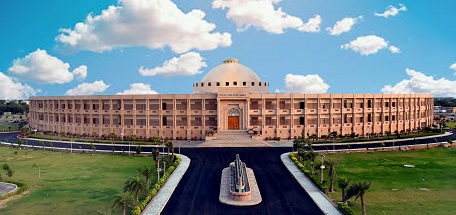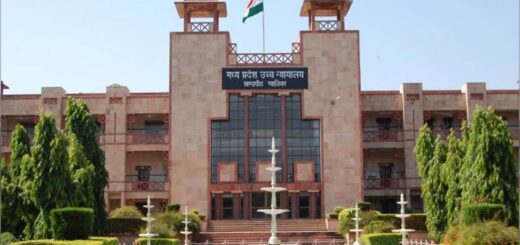The Rajasthan High Court has stated that the “Teli” caste in the OBC list is applicable to all religions, whether Hindu or non-Hindu.

The Rajasthan High Court decided that the caste “Teli,” listed in the Central List of Other Backward Classes (OBCs) in Rajasthan, applies to individuals of all religions, including Hindus and Non-Hindus. This decision followed a case where a Muslim man, working under the NREGA scheme as an OBC, lost his job. The state denied him benefits, claiming that Muslim-Telis were not recognized as part of the OBC group. Although he had an OBC certificate from the proper authority, the state’s decision was based on a new caste list from the Ministry of Minority Affairs that excluded Muslim-Telis.
Justice Anoop Kumar Dhand noted that the official Gazette from the State of Rajasthan, issued on August 6, 1994, along with a circular from the Department of Justice and Social Welfare on November 8, 1994, clearly stated that the “Teli” caste is included in the OBC category, regardless of whether the person is Hindu or Non-Hindu. The Court reviewed various government notifications and highlighted the Gazette Notification from August 6, 1994, which explicitly categorized “Teli” under OBCs without regard to religious background.
The Court determined that the Department of Justice and Social Welfare had made an important announcement on August 28, 2009, which classified the Teli caste as part of the OBC category. This announcement stated that individuals from castes defined by their traditional occupations, like the oil-pressing work of the Teli community, were recognized as OBCs, regardless of their religion, whether Hindu, Muslim, or otherwise. It was noted that the Teli caste is traditionally involved in oil pressing in India, Nepal, and Pakistan, and that members can be either Hindu or Muslim, with Muslim-Telis also referred to as Roshandaar or Teli Malik.
Based on this information, the Court decided that the state’s refusal to grant OBC benefits to the petitioner was unfair and went against the official government notifications. The Court stated that there was no valid reason for the respondents to claim that the petitioner, being a Teli from the Muslim community, did not qualify for OBC status. The respondents were expected to consider the notification before making their decision, leading the Court to annul the previous order and approve the petition. Consequently, the Court instructed the state to provide the petitioner with employment under the OBC category due to his Teli caste.
Furthermore, the Court issued a general directive to all state departments, stating that they should not deny OBC reservation benefits to any Muslim candidates belonging to castes listed in the Gazette Notification issued by the state.
Cause Title: Sattar Khan v. Zila Parishad Dausha & Anr., [2025:RJ-JP:5134]
Appearance:
Petitioner: Advocate D. P. Sharma
Respondents: Advocates Surendra Singh Naruka, AAG with Kesar Singh Shekhawat








